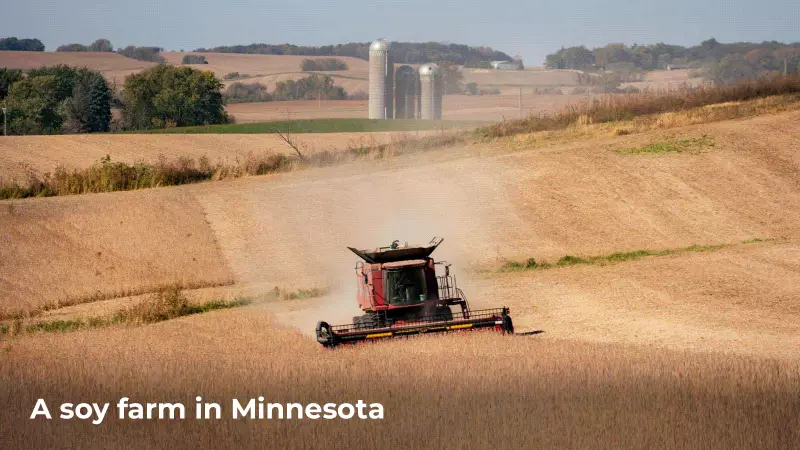
The ongoing trade tensions between India and the United States have found an unlikely battleground: agricultural commodities, specifically soybeans and corn. What appears to be a simple trade dispute actually reveals complex political and economic dynamics that could reshape bilateral relations.
The Heart of the Matter: American Farm Subsidies
At the core of this trade tussle lies Washington's substantial subsidies to American soybean and corn farmers. These financial supports allow US producers to sell their crops at artificially low prices on the global market, creating what many experts call an "unlevel playing field" for farmers in developing nations like India.
India's Defensive Measures
In response to what Indian trade officials describe as "market-distorting practices," New Delhi has implemented protective tariffs on several agricultural imports, including pulses and certain vegetable oils. These measures are designed to shield India's massive agricultural sector from what they perceive as unfair competition.
The WTO Arena: Where Policies Collide
The dispute has naturally moved to the World Trade Organization, where both nations have filed multiple complaints against each other's agricultural policies. The legal battles highlight the fundamental differences in how each country approaches farm support and food security.
Beyond Economics: The Political Dimensions
This isn't just about economics—it's deeply political. In the United States, farm states hold significant political influence, making agricultural exports a sensitive domestic issue. Meanwhile, in India, the farming community represents a crucial voting bloc, ensuring that agricultural policies remain at the forefront of political discourse.
The Ripple Effects Across Global Markets
The India-US agricultural standoff is creating waves beyond their bilateral relations. Other developing nations are closely watching the outcome, as it could set precedents for how agricultural subsidies are treated in future trade agreements.
What's Next for Trade Relations?
While both nations continue negotiations, the path forward remains uncertain. The resolution of this dispute will likely require creative compromises that address both countries' domestic political realities while adhering to international trade rules.
The soybean and corn politics, while seemingly niche, actually represent broader questions about fair trade, food security, and how nations balance domestic priorities with global commitments. As the world watches, the outcome of this agricultural trade tussle could influence international trade norms for years to come.





